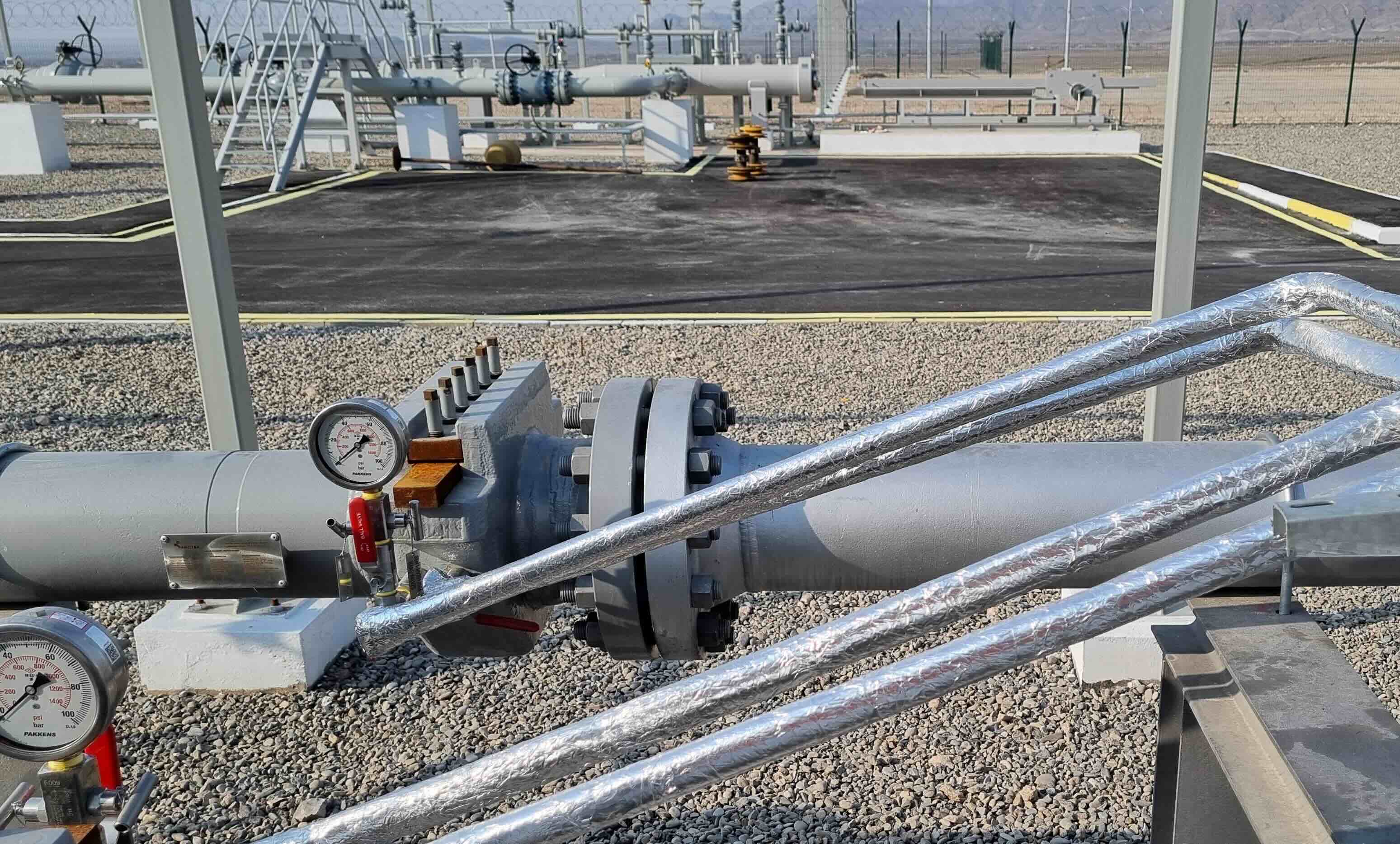In recent years, electric pool heating systems have become an essential solution for both residential and commercial pool owners. These systems ensure the pool water remains at an ideal temperature, enabling year-round usage and a comfortable swimming experience. Modern electric heaters are designed with efficiency, ease of use, and eco-friendliness in mind.
Electric pool heating uses advanced technology to provide consistent warmth while optimizing energy use. Options such as resistance heaters and heat pumps cater to various needs, from small backyard pools to large commercial installations. Moreover, these systems are relatively easy to install and maintain, making them a preferred choice for many.
Their ability to maintain a hygienic pool environment while reducing energy costs makes pool water heating systems both economical and practical. By exploring the features and benefits of these systems, pool owners can make informed choices that suit their specific requirements.
What is an Electric Pool Heating System?
An electric pool heating system is a modern solution designed to maintain pool water at the desired temperature throughout the year. These systems utilize electricity to generate heat, which is then transferred to the pool water, ensuring a warm and enjoyable swimming experience even during colder months.
Electric pool heating systems typically consist of key components such as an electric heating unit, a thermostat, and pumps for water circulation. The system operates by drawing water from the pool, heating it through an electric element, and returning the warm water to the pool. This cycle continues until the water reaches the desired temperature.
These systems are highly versatile and suitable for various pool sizes, making them a popular choice among homeowners and businesses alike. They also contribute to environmental sustainability, as they don’t rely on fossil fuels and have lower carbon emissions compared to traditional heating methods.
Electric pool heating systems offer a reliable and energy-efficient way to enhance pool usability, turning swimming into a year-round activity.
Advantages of Electric Pool Heating Systems
Electric pool heating systems offer numerous benefits that make them an ideal choice for both residential and commercial pool applications. These advantages emphasize their efficiency, convenience, and cost-effectiveness, catering to diverse user needs.
One key advantage is their energy efficiency. These systems are designed to convert electricity into heat with minimal energy loss, allowing pools to maintain a consistent temperature while reducing overall energy consumption. This feature is particularly beneficial for frequent users who want to keep their pools warm without incurring excessive costs.
Another benefit is their ease of installation and use. Electric pool heaters are typically compact and lightweight, making them simple to set up. They are also equipped with user-friendly thermostats, enabling precise temperature control. This ensures that pool owners can easily customize settings to meet their preferences and optimize energy usage.
Additionally, electric systems are known for their environmental friendliness. Unlike gas-powered heaters, they don’t emit harmful pollutants, making them a more sustainable choice. This makes them ideal for environmentally conscious users looking to minimize their carbon footprint while enjoying a comfortable swimming experience.
Lastly, these systems provide year-round functionality. With an electric pool heater, you can maintain a pleasant water temperature regardless of the season, ensuring your pool remains an enjoyable space even during colder months.
Types of Electric Pool Heaters
Electric pool heating systems come in various types, each catering to different needs and preferences. Whether you have a small residential pool or a large commercial setup, there’s an option designed to deliver the ideal performance. Let’s explore the most common types available on the market.
Resistance Pool Heaters
Resistance pool heaters operate by using electric resistance elements to heat the water directly. The water flows through the heater, where the electrical elements increase its temperature before it’s pumped back into the pool. These heaters are simple in design and are best suited for smaller pools or spas.
Although resistance heaters may have higher operating costs due to their energy consumption, they are valued for their quick heating capabilities and straightforward operation. They are an excellent choice for users who need a reliable solution for short-term or occasional heating.
Electric Pool Heaters with Heat Pump
Heat pump systems work by extracting heat from the surrounding air and transferring it to the pool water. This innovative approach makes them incredibly energy-efficient, as they utilize minimal electricity to operate the pump and compressor.
These systems are ideal for larger pools or for those looking to maintain a consistent temperature over extended periods. Although they may have a higher initial cost, their lower energy consumption ensures significant savings in the long run. Additionally, heat pumps are environmentally friendly due to their reduced reliance on electricity and sustainable heating method.
By understanding these types, pool owners can make informed decisions about the most suitable pool heating systems for their specific needs.
What to Consider When Choosing an Electric Pool Heating System?
Selecting the right electric pool heating system is crucial for achieving optimal performance, efficiency, and cost-effectiveness. Several factors should be carefully evaluated to ensure the chosen system meets the specific requirements of the pool and its users.
Heater Capacity According to Pool Size
The size of the pool is a primary factor in determining the appropriate heater capacity. Larger pools require heaters with higher output to efficiently raise and maintain the water temperature. Conversely, smaller pools can operate effectively with lower-capacity systems. Proper sizing ensures that the heater functions efficiently without overloading or underperforming.
Energy Efficiency and Performance Assessment
Energy efficiency is a key consideration for long-term cost savings. Choosing a system that provides maximum output with minimal electricity consumption is ideal. Additionally, evaluating the system's performance in various weather conditions and its ability to maintain a consistent temperature can help ensure reliable operation. Many modern electric pool heating systems include features like programmable thermostats and energy-saving modes to further enhance efficiency.
Considering these aspects can help pool owners make an informed decision, ensuring their heating system is both effective and economical.
Installation of Electric Pool Heating System
Proper installation of an electric pool heating system is essential for ensuring its optimal performance and long-term reliability. While these systems are generally easy to set up, professional installation is highly recommended to avoid potential issues and maximize efficiency.
The installation process begins with an assessment of the pool’s infrastructure, including the electrical connections, water circulation systems, and available space for the heating unit. Based on this assessment, the heater is positioned to ensure optimal water flow and energy usage.
Once the heater is securely mounted, it is connected to the pool’s water system and integrated with a circulation pump. This allows the water to flow through the heating element and back into the pool at the desired temperature. The thermostat and control systems are then calibrated to enable precise temperature regulation.
Professional installation ensures all connections are safe and compliant with electrical standards. It also helps avoid common pitfalls, such as leaks or inefficiencies caused by improper placement. A well-installed electric pool heating system not only improves energy efficiency but also reduces maintenance needs in the future.
How to Maintain an Electric Pool Heating System?
Regular maintenance of an electric pool heating system is essential for ensuring its efficiency, extending its lifespan, and preventing costly repairs. A well-maintained system provides consistent performance and minimizes energy consumption.
Start by inspecting the heater and its components periodically. Key parts, such as the heating elements, thermostat, and circulation pumps, should be checked for wear and tear. Cleaning the filter system is also important, as debris can block water flow and reduce heating efficiency.
Electrical connections should be examined for signs of corrosion or loose wiring, as these issues can compromise the heater's functionality. It’s also advisable to monitor the thermostat regularly to ensure accurate temperature settings. For heat pump systems, clearing any obstructions from the air intake area is crucial for maintaining optimal airflow and performance.
Scheduling professional maintenance at least once a year helps address any underlying issues and ensures the system is operating at its peak. This proactive approach minimizes downtime and enhances the overall reliability of the electric pool heating system.
Energy Saving Methods with Electric Pool Heating Systems
Maximizing energy efficiency in electric pool heating systems is not only cost-effective but also environmentally friendly. By adopting smart strategies, pool owners can significantly reduce energy consumption while maintaining a comfortable water temperature.
One effective method is using a pool cover. Covers minimize heat loss by preventing evaporation and insulating the pool. By retaining heat, they reduce the workload on the heating system, especially during colder nights or when the pool is not in use.
Another approach is optimizing thermostat settings. Adjusting the water temperature to a slightly lower but comfortable level can lead to substantial energy savings over time. Additionally, smart thermostats that allow scheduling and remote adjustments further enhance efficiency.
Ensuring the pool's filtration system is clean and functioning properly is equally important. A clear and unobstructed filtration system allows water to circulate efficiently, minimizing the heater's energy use.
Finally, upgrading to advanced heating technology, such as heat pumps or integrating heat tracing solutions, can further enhance energy efficiency. These systems are designed to use minimal electricity while delivering consistent performance, making them ideal for sustainable pool heating.

 Türkçe
Türkçe



